Chikubushima Island and Hogonji Temple
Sitting in the elegant blue waters on the north side of Lake Biwa is the tiny island of Chikubushima. Long considered a sacred site, the small 2km wide island is home to a prominent Buddhist temple and a Shinto shrine. Hongonji Temple is part of the Saigoku Kannon Pilgrimage, and Tsukubusuma Shrine is dedicated to several gods, including the god who rules the waters of Lake Biwa.
Chikubushima Island
Getting to Chikubuhshima Island
The only way to get to Chikubuhshima Island is to set sail! Regular ferry service is available from Nagahama, Hikone, and Omi-Imazu, but of those three, Nagahama is the most accessible.
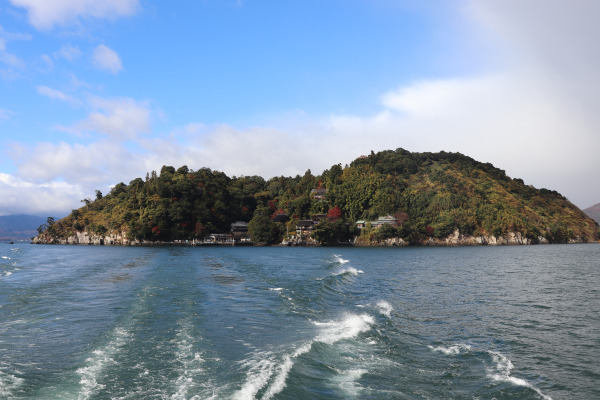
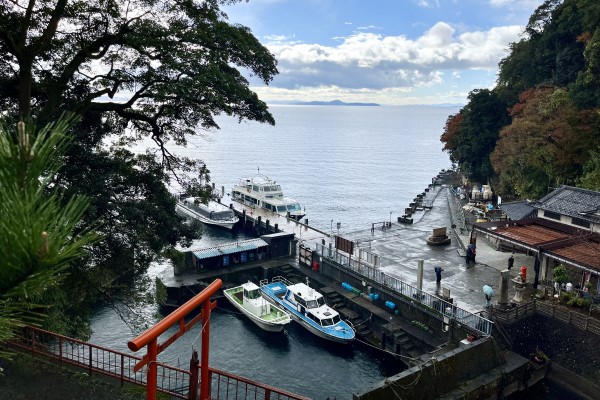
Hongonji Temple
Hogonji, 165 freights of steep stairs lead to the Benten-do, which enshrines the Buddhist deity of eloquence, Benzaiten. The Bentendo is, in essence, the Hondo, or main hall, of Hogonji Temple.
Originally built by Gyoki by the order of Emperor Shomu in the 8th century, the temple is one of the three “big” Benzaiten temples in Japan, along with the temples on Enoshima and Miyajima (Hiroshima).
At Hongonji, the kanji for Benzaiten is [弁才天]. Benzaiten, or simply, Benten, is often worshiped as a goddess of art and sometimes fortune too, as the kanji can also be written as [弁財天] of which the [財] means fortune.
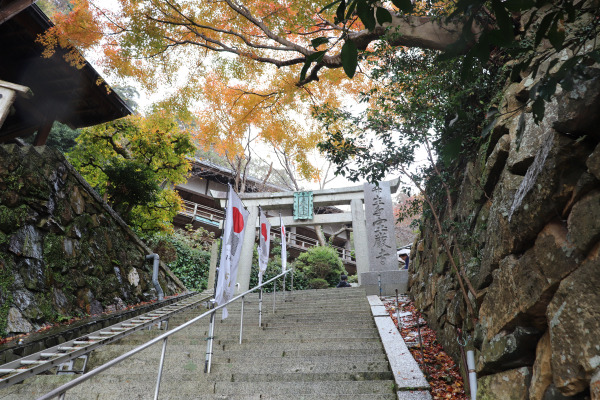
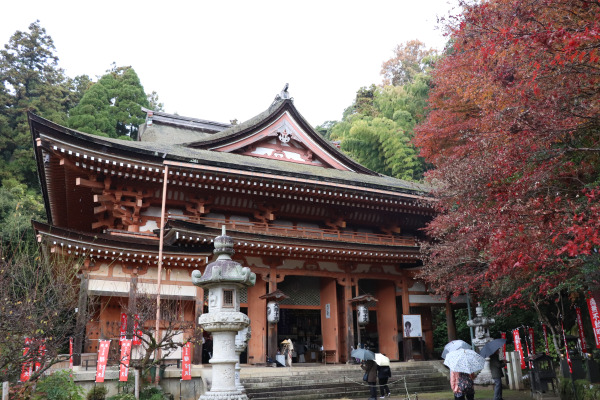
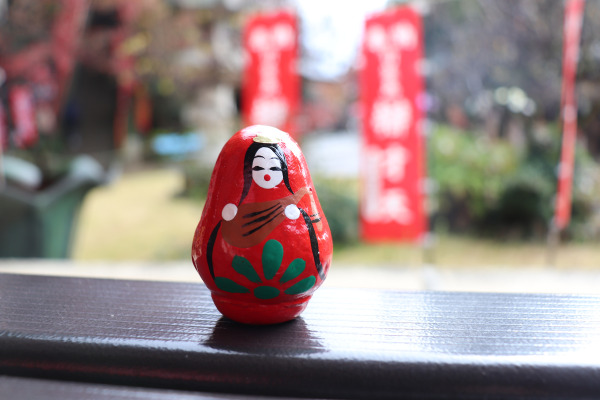
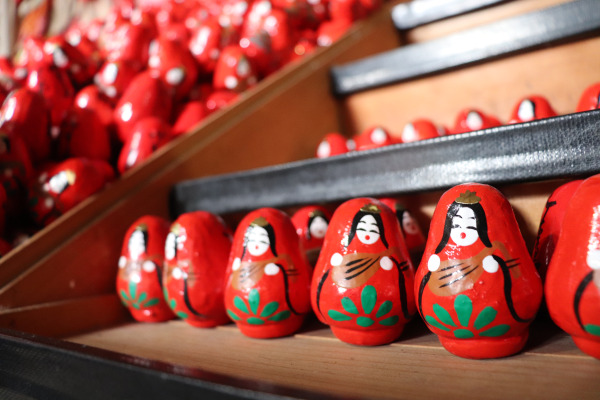
Chikubushima Island’s Karamon Gate
Of of the most famous attractions in Chikubushima is the Karamon Gate. This beautiful gate dates to the late 16th century and is adorned with elaborate painted carvings.
Once the Gokurakumon Gate of Toyokuni Shrine in Kyoto, this gate is the only surviving piece of Toyotomi Hideyoshi’s Osaka Castle. After Hideyoshi’s death, Ieyasu Tokugawa practically destroyed every shred of the original Osaka Castle. As such, this gate is registered as a Japan National Treasure.
Today, the gate connects to the Kannon-do, which enshrines the Kannon of the Saigoku Pilgrimage.
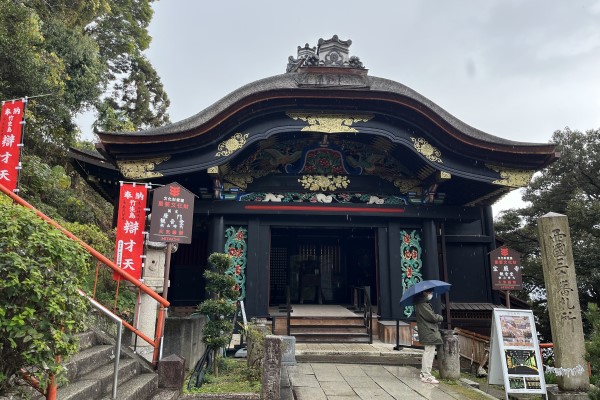
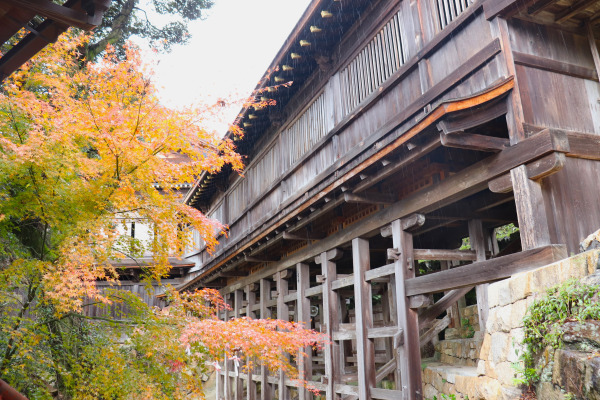
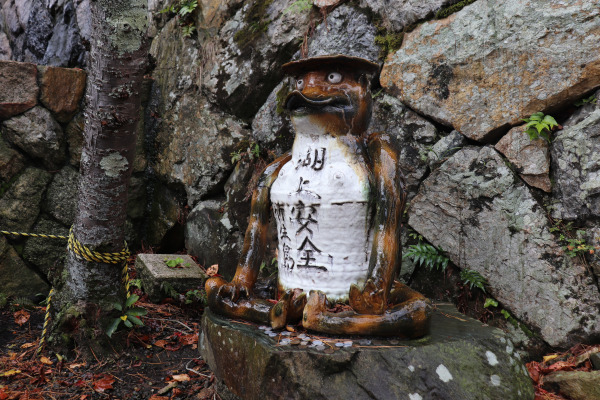
Tsukubusuma Shrine
After passing through the Karamon Gate, and down the long boat corridor, is Tsukubusuma Shrine. If you think that it is hard to distinguish the shrine from the temple here, you are not far off! Until the Meiji Period, Tsukubusuma Shrine went by the name Benzaiten Shrine. As such, there was nearly no distinction between the shrine and the temple for a large part of the island’s history.
The honden of Tsukubusuma Shrine is also a historic treasure. It was built around the Momoyama Period and is also designated as a Japan National Treasure. It seems that the honden contains ancient carvings, but they are usually not open for public viewing.
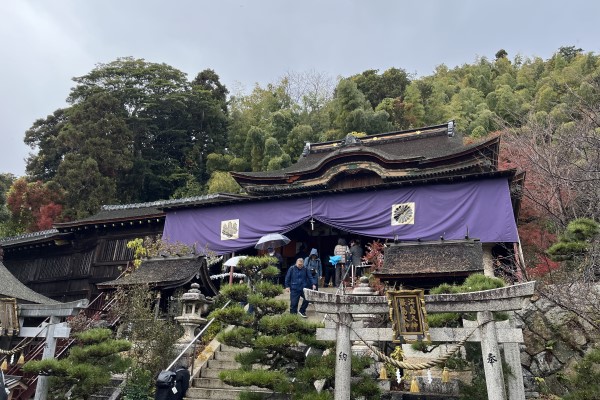
View of Lake Biwa
From Tsukubsuma Shrine, you can enjoy a panoramic view of Lake Biwa. The lake is huge, and because this is the north side where there is less boating, the water is much clearer. On a sunny day, you probably can see as far as Mt. Ibuki, the biggest mountain in Shiga Prefecture.
You can also try your luck at kawarake-nage from the veranda of the shrine. Purchase two clay dishes (kawarake) at the entrance of the island. Write down your wish on one dish and your name on another. Then do your best to throw (nage) both of them through the Miyazaki Torii of the shrine. If. you can accomplish this feat, your wish will soon come to pass!
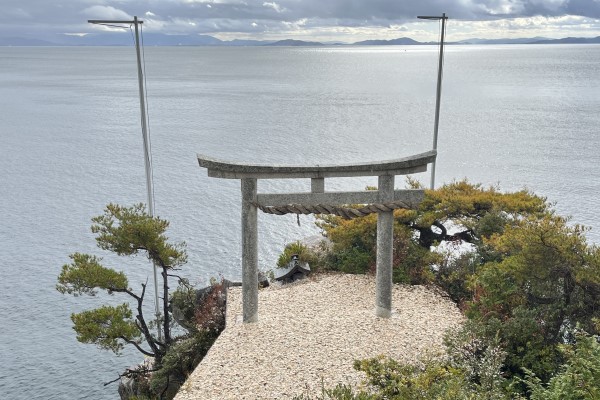
Chikubushima Island and Hogonji
| Address |
Hayazakicho Chikubujima, Nagahama City, Shiga
|
| Website |
|
| Getting To |
30 minutes from Nagahama, Hikone, or Omi-Imazu by ferry Price varies, but it takes roughly 3000 yen for roundtrip. |
| Hours |
|
| Admission |
600 yen
|
| Note |
|
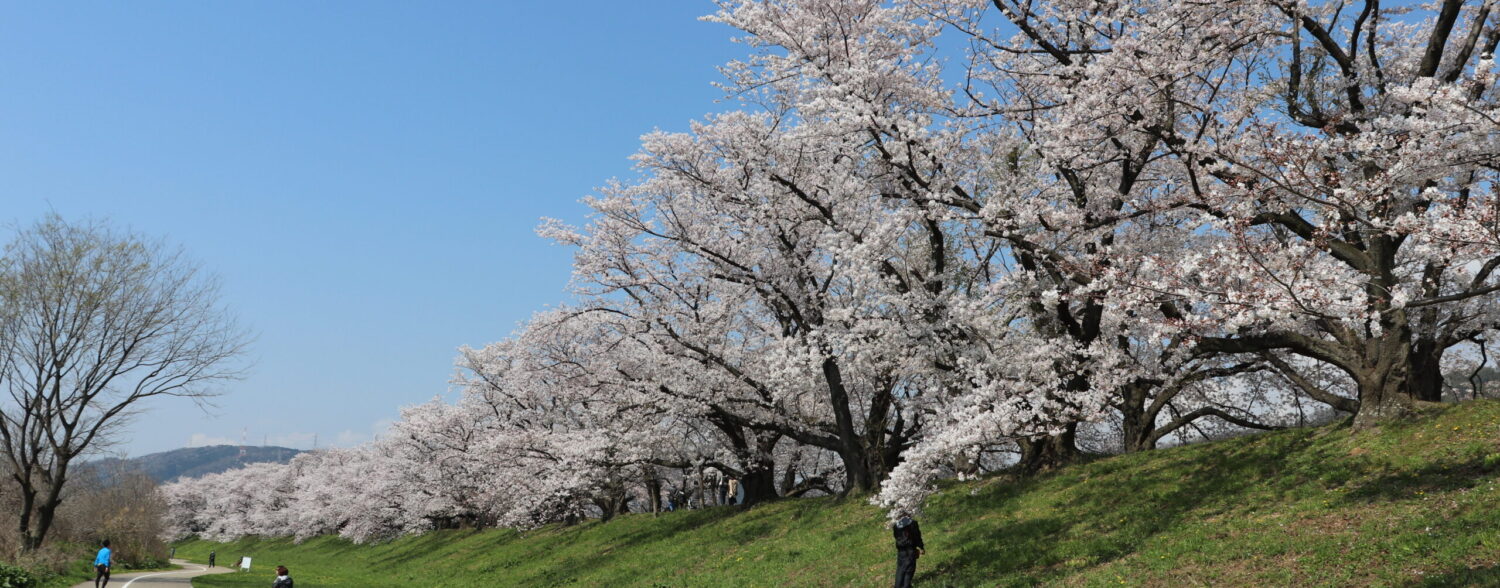
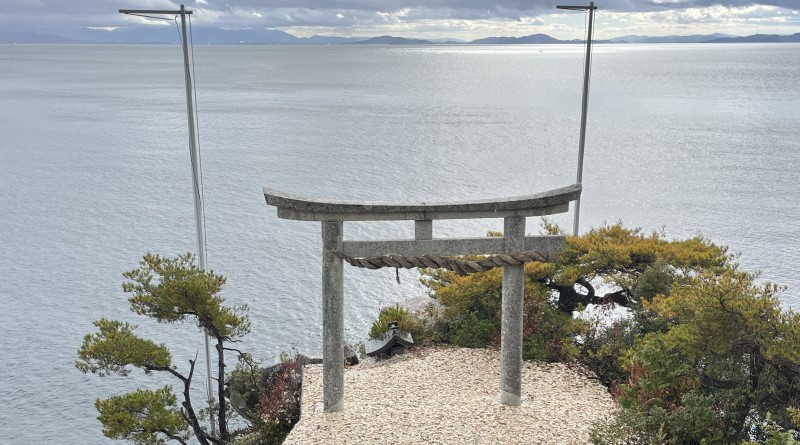
Leave a Reply